Why AI Can’t Do What Web Designers Do?
- Matt Jones

- Sep 13, 2024
- 3 min read

Artificial Intelligence (AI) has made huge advances in recent years, stepping into many fields and automating tasks once handled by human experts. From chatbots answering customer queries to AI-driven tools generating content, it’s clear that AI is transforming industries. However, when it comes to web design, AI still falls short of replicating the unique skills and creativity that web designers bring to the table. Here’s why:
1. Creativity and Personalisation
Web design isn’t just about making a site look good; it’s about creating a unique, engaging user experience that reflects a brand’s identity and appeals to its target audience. While AI can assist in generating basic templates and layouts, it lacks the human creativity needed to design something truly original. Web designers bring a level of personalisation and artistic flair that AI simply can’t replicate. They understand the nuances of colour theory, typography, and visual hierarchy, all of which contribute to a cohesive and compelling design that tells a story.
2. Understanding the Client’s Vision
A successful website is often the result of deep collaboration between the designer and the client. Web designers excel in interpreting a client’s needs, preferences, and brand vision, translating them into a design that resonates. AI tools, on the other hand, operate on pre-programmed rules and patterns. They can’t engage in meaningful conversations, ask insightful questions, or make nuanced decisions based on a client’s feedback. This human touch is essential for creating a website that not only meets the functional requirements but also captures the essence of the brand.
3. Problem-Solving and Adaptability
Web design often involves solving complex problems, from navigating tricky user experience challenges to adapting designs to various devices and screen sizes. Web designers are skilled at identifying potential issues and coming up with creative solutions on the fly. AI, however, is limited by its programming and cannot adapt as effectively to unexpected challenges. It may generate a visually appealing site, but without the ability to foresee and resolve usability issues, the end result may fall short of user expectations.
4. Keeping Up with Trends and Technology
The world of web design is constantly evolving, with new trends, technologies, and best practices emerging all the time. Web designers stay on top of these changes, continuously learning and adapting to deliver modern, up-to-date designs. AI, on the other hand, relies on existing data and algorithms, which can quickly become outdated. It lacks the ability to innovate or push the boundaries of design trends, meaning it can’t keep pace with the ever-changing landscape of web design.
5. Emotional Intelligence and User Empathy
A great website not only functions well but also connects with users on an emotional level. Web designers use their understanding of human behaviour and psychology to craft experiences that engage users, build trust, and drive action. AI lacks this emotional intelligence and the ability to empathise with users. It can analyse data to some extent, but it can’t truly understand what motivates or frustrates users in the same way a human designer can.
6. Strategic Thinking and Branding
Web designers play a crucial role in shaping a brand’s online presence. They think strategically about how a website fits into the broader goals of a business, ensuring that the design aligns with marketing objectives, brand messaging, and user needs. AI lacks the capacity for strategic thinking and the deep understanding of branding required to make these connections. It can follow instructions but doesn’t have the ability to think critically or consider the broader business context.
Conclusion
While AI can be a valuable tool for automating certain aspects of web design, it can’t replace the expertise, creativity, and human touch that web designers bring to the process.
Designing a website is about more than just putting elements on a page; it’s about creating a memorable experience that resonates with users and aligns with a brand’s vision.
Web designers excel in understanding the needs of clients and users alike, using their creativity and problem-solving skills to craft websites that are not only functional but also engaging and unique. For these reasons, AI will continue to be an assistant to web designers rather than a replacement.





Comments